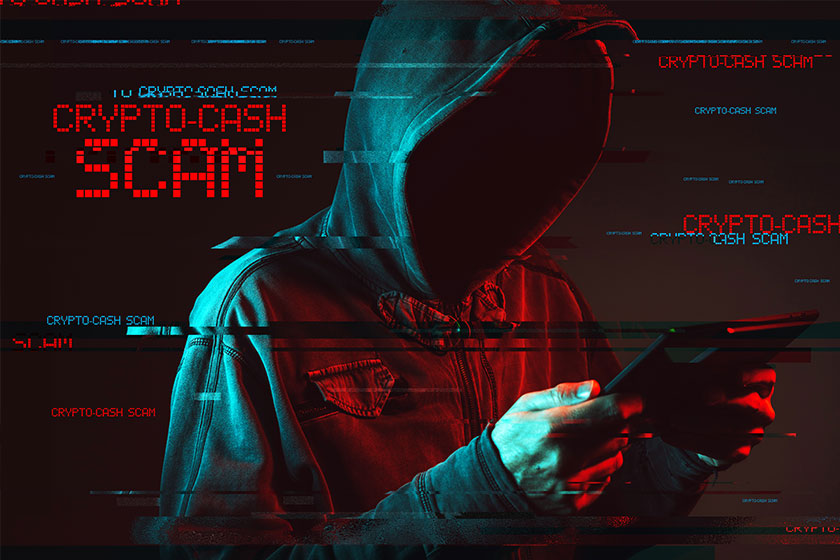In an age where technology has become an integral part of daily life, staying vigilant against digital threats is crucial, especially for elderly individuals. One growing nationwide scam that has caught the attention of the FBI is the “phantom hacker” scam. This insidious scheme preys on unsuspecting individuals, particularly older members of our community. Our retirement community prioritizes the safety and well-being of our residents, which is why we’ve put together this guide to help our residents stay protected from “phantom hacker” scams.
Understanding the “Phantom Hacker” Scam
The “phantom hacker” scam is an evolving form of tech support fraud that has been on the rise. Scammers disguise themselves as technology support personnel, bank staff, or government officials to gain the trust of their victims, often targeting elderly individuals. This three-step scam can lead to devastating financial losses, with victims potentially losing their entire banking, savings, retirement, or investment accounts.
The FBI’s Warning
According to the FBI, this scam has seen a surge in activity, with more than 19,000 complaints filed in the first half of 2023 alone. The reported losses from these scams exceeded a staggering $542 million. Alarmingly, approximately 66% of these losses were incurred by individuals above the age of 60. This emphasizes the pressing need for awareness and proactive measures to safeguard elderly individuals from falling victim to these malicious schemes.
Understanding the Three-Phase Approach
The “phantom hacker” scam operates in three distinct phases:
- Tech Support Imposter: Scammers pose as legitimate tech support personnel, contacting victims through phone calls, text messages, or emails. They deceive victims into downloading software, granting the scammer remote access to their devices.
- Financial Account Intrusion: Scammers falsely claim that the victim’s computer is infected with a virus and instruct them to open their financial accounts to check for unauthorized transactions.
- Money Transfer to a Fake Account: Victims are coerced into transferring their money to a supposed “safe” third-party account, often presented as a government account. Wire transfers are used, and victims are instructed to keep the transaction confidential.
Protecting Yourself and Your Loved Ones
To avoid falling victim to the “phantom hacker” scam, follow these essential precautions:
- Refuse to download software from unknown sources.
- Never click on pop-ups, text links, or email links that you did not request.
- Avoid calling back unknown numbers.
- Never grant unknown individuals access to your computer.
If you suspect you have been targeted by a “phantom hacker” scam, contact your local FBI office and visit www.ib3.gov. Provide detailed information about the scam, including the scammer’s name and company, their contact information, and the potentially impacted bank accounts.
As technology advances, so do the tactics of scammers. The “phantom hacker” scam is a stark reminder of the importance of staying informed and vigilant in the digital age. By following these precautions and being aware of the evolving threats, elderly individuals can protect themselves and their assets from falling prey to these malicious schemes. At our retirement community, we remain committed to the safety and well-being of our residents, providing not only an exceptional retirement community but also valuable resources to keep our members secure.






